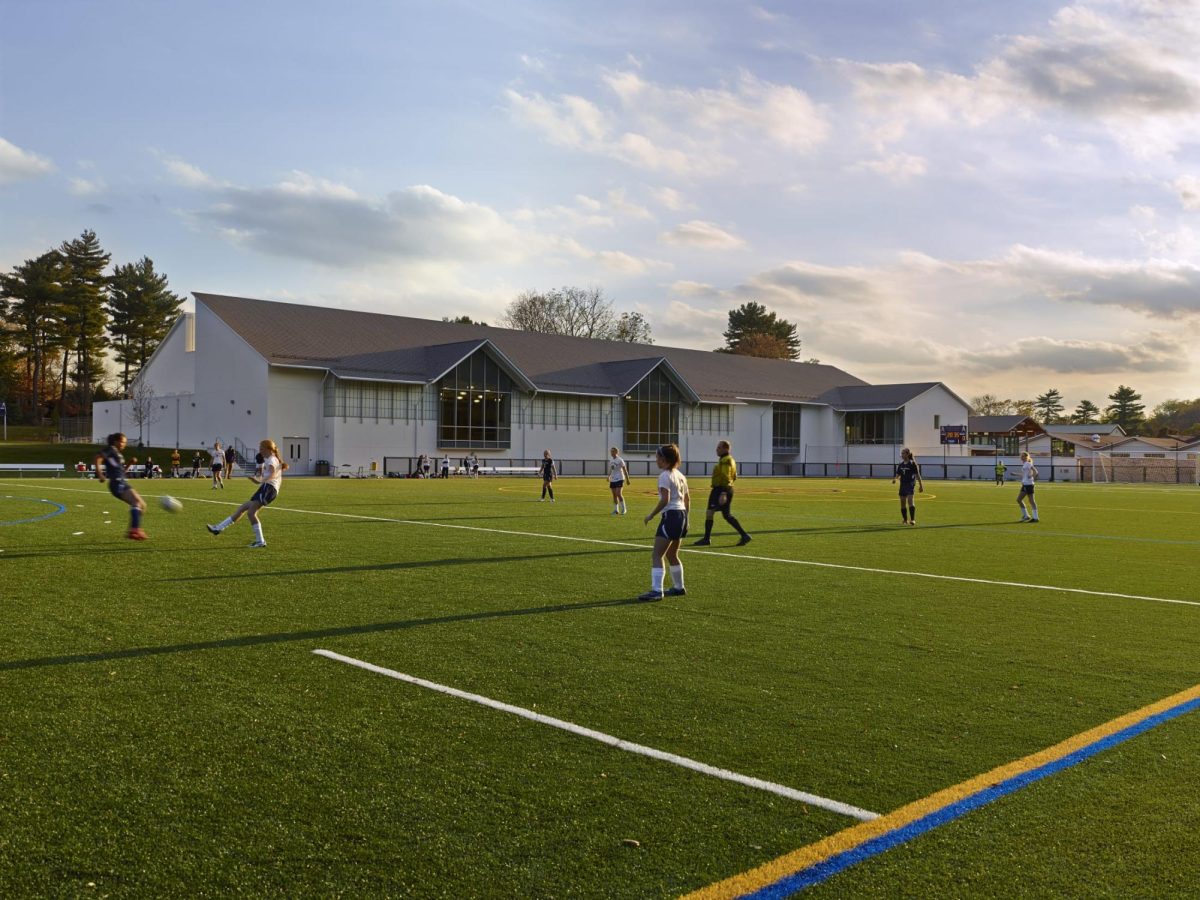In 2014, a group named “Students for Fair Admissions” filed cases against Harvard University and the University of North Carolina, accusing both organizations of using race as a determining factor in admissions, and as a result, discriminating against Asian Americans. The Supreme Court has defended President Kennedy’s 61-year-old affirmative action mandate three times, but according to Cornell Law School, doubts have been rising on whether they will do it again. Since former President Donald Trump was able to appoint three new justices to the Supreme Court, there is now a conservative-leaning majority of 6 to 3; eradication of affirmative action seems increasingly possible.
Edward Blum, the founder of the Students of Fair Admissions, filed the case in 2014. NPR notes that Blum has had a history of conservative advances in the court, having fought the case against the 1965 Voting Rights Act. Blum was quoted in the New York Times as saying that “Every college applicant should be judged as a unique individual, not as some representative of a racial or ethnic group.” The case against Harvard was more focused on the discrimination against Asian Americans, accusing the university of holding their Asian American applicants to a higher standard of personality traits such as kindness or likability. He also notes a Pew Research Center Survey which claims that about 3 out of 4 Americans do not think race should be taken into account in college admissions.
Those in defense of affirmative action believe that it helps universities create a more diverse student body. Damon Hewitt, the president of the Lawyers’ Committee for Civil Rights Under the Law, was quoted in the New York Times as saying that “race-conscious admissions policies are a critical tool that ensures students of color are not overlooked in a process that does not typically value their determination, accomplishments and immense talents.” ABC News reported that a Harvard University committee found that if 2019 admissions were completed without taking race into account, then the amount of Black students admitted would have gone from 14% to 6%, with the number of Hispanic students going down to 9%.
Asian Americans are divided on this case, despite being the focus of the suit. For example, Jason Xu, president of the Silicon Valley Chinese Association Foundation, has expressed that many Asian American parents believe that their high-scoring children were denied from universities because of their race. On the other hand, a group called Asian Americans Advancing Justice believes that affirmative action is needed so that students of color are not limited because of their race, and that solely basing acceptances off scores exaggerates students of colors’ limitations.
https://www.nytimes.com/2022/01/24/us/politics/supreme-court-affirmative-action-harvard-unc.html




